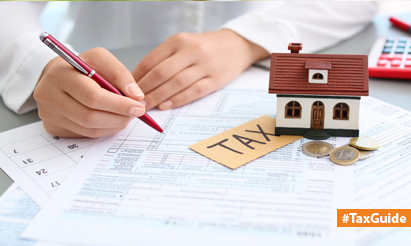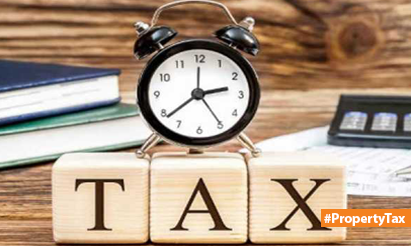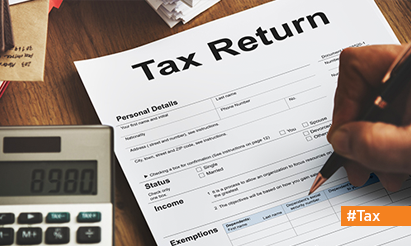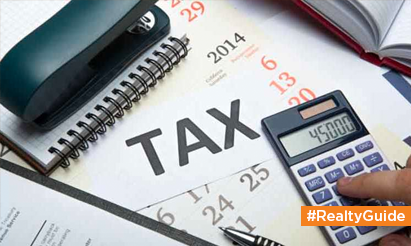How To Avoid Capital Gains Tax When Selling A Home!
You have sold your property and made a profit from it. Assume you purchased it, maintained it for a year, and then sold it. In that situation, the proceeds from its sale will be treated as short-term capital gains. Such profits are recorded to your taxable income and taxed according to your income bracket. There are no concessions available to prevent paying this tax.
Nevertheless, if you had owned your property for five years and sold it, the profit would be deemed long-term capital gains. You will have to pay a 20% tax on it, referred to as Long-Term Capital Gains Tax (LTCG Tax). Because of the high cost of real estate transactions, the tax bill might be substantial. But wouldn’t you like to save money on capital gains taxes when you sell your home?
There are several exclusions available to help you avoid or reduce your LTCG tax liability. They are described below:
Purchase Or Build A Residential Property
Section 54 of the Income Tax Act of 1961 provides that an individual selling a residential property may claim a tax exemption on long-term capital gains if the proceeds are utilised to acquire or develop a residential property. Keep in mind that this exemption only applies to long-term capital assets (in our case, immovable properties with a holding period of more than two years).
To acquire this waiver, the following requirements must be met:
- The seller must buy a residential property either one year before selling the original property or two years after selling the original home.
- If you are building a home with capital gains, the construction must be completed within three years after the sale of the original property.
- The new residential property must be in India.
Put The Money Into Capital Gain Bonds.
If you do not wish to reinvest your capital gains from the sale of your property in a new residential property or build another one, you can invest your earnings in ‘Capital Gain Bonds’ under Section 54EC of the Income Tax Act. These are also called as ’54EC bonds,’ and they are one of the most common ways to save LTCG tax.
Several requirements must be met:
- The lowest investment in 54EC bonds is Rs 10,000, while the maximum investment is Rs 50 lakh through 500 such bonds.
- Only Power Finance Corporation Limited (PFC), National Highways Authority of India (NHAI), Rural Electrification Corporation Limited (REC), and Indian Railways Finance Corporation Limited issue qualified bonds under Section 54EC (IRFC)
- These bonds have a five-year lock-in term (effective from April 2018) and are not transferable to another individual.
- 54EC bonds have an annual interest rate of 5%. This interest, however, is taxed.
Disclaimer: The views expressed above are for informational purposes only based on industry reports and related news stories. PropertyPistol does not guarantee the accuracy, completeness, or reliability of the information and shall not be held responsible for any action taken based on the published information.




